Babies learn to talk in stages, beginning with crying, cooing, and babbling, and finally expressing their first words. Baby babble is an endearing and a joyous milestone. The first time your baby says "baba, dadada," marks a significant milestone in your baby’s speech development.
When Do Babies Start Babbling?
Typically, infants babble between six and twelve months of age. Researchers typically classify babbling according to the baby’s age:- Six-to seven-month-old babies’ babbling resembles vowels.
- Between 7 and 10 months, babies start "canonical babbling," which is when they combine vowels with consonants and say them over and over again, like ba-ba-ba.
- Around 10 months, the babbling almost resembles the language your baby is exposed to.
Does babbling benefit the baby?
Baby babbling, especially canonical babbling, benefits children by laying the groundwork for later speech development. The syllables used while babbling are an indicator of your little one's language development as they closely resemble words that your baby will use as he/she grows. The consonants used in baby babble appear in their first words.
How To Encourage Babbling in Babies
Recent research suggests that babies benefit from hearing their parents respond vocally to their babbling because it helps them learn that their words will be understood. Babies also learn non-verbal communication skills from their parents’ responses, such as gestures and expressions, tone of voice, and eye contact, even before they learn to speak. The following are some ways in which parents can foster and boost their child's verbal and linguistic growth:- BabyG activities cover various stimulations to enhance babbling in babies. Continue doing the activities every week.
- Face your baby, smile often, and make eye contact.
- Imitate your baby's sounds so that your baby knows you are listening and is encouraged to babble.
- If you can understand a particular message from your baby’s babble, verbalise the message in exact words; this will help build your baby’s vocabulary.
- Point to familiar objects like a ball or a cup and ask your baby its name. Pause before you answer. Labelling objects helps babies understand that everything has a name.
- Read picture books to your baby and encourage them to respond to your questions. Narrate daily activities and help them turn their babble into words. Talk in a sing-song voice to keep your baby interested.
- Have vocal play activities with your baby where you make a babbling sound that your baby has already made. This way, you can see if they repeat the same sound.
- Introduce new babbling sounds every once in a while, then watch what your baby does and imitate them.
- Make all play activities enjoyable and as fun as possible.
Is Baby Talk Advisable?
Studies show that baby talk, with its characteristic rhythm, structure, and use of emotion, promotes language development. Babies pay more attention and respond more eagerly to baby talk than normal adult speech, owing to its higher pitch and intonations. Baby talk has exaggerated vowels that help babies distinguish between sounds and enhance their vocabulary. The shorter sentences with simple and repetitive words in baby talk play an important role in developing your baby’s language and speech.
Enjoy and cherish your baby’s babbling as it is an adorable short phase that will lead to your baby’s first words.
Want to delve deeper into activities that can help your baby's speech development? Head to the BabyG App for an expanse of tips, blogs, and age-appropriate milestone trackers tailored for your little one.
References:
- Before their first words. Early babbling [2021].
- NCT. Talking about baby babble [2021].
- The Hanen Center. Baby Babble: A stepping stone to words [2021].
- National Institutes of Health. Parents response to baby babbling can speed language development [2021].
- Early Literacy Learning. Infant baby activities [2021].
- KidsHealth. Communication and your 8- to 12-month-old [2021].
- American Council of Science and Health. Why baby talk is good for your baby? [2021].



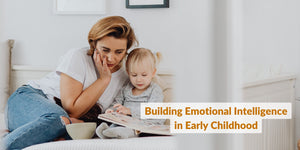
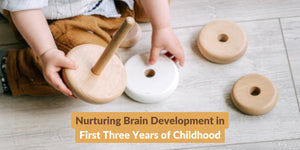
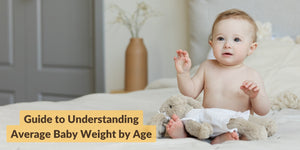
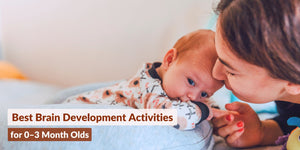
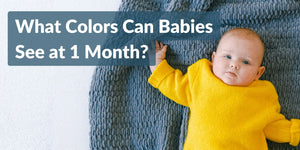
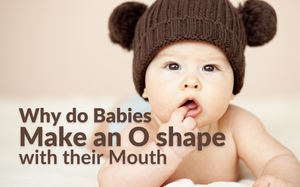
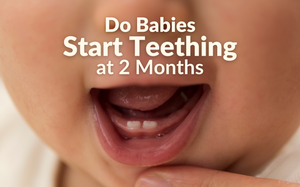
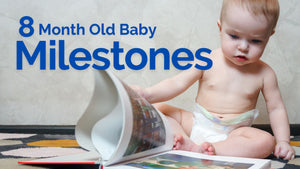
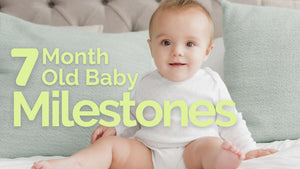

LEAVE A COMMENT